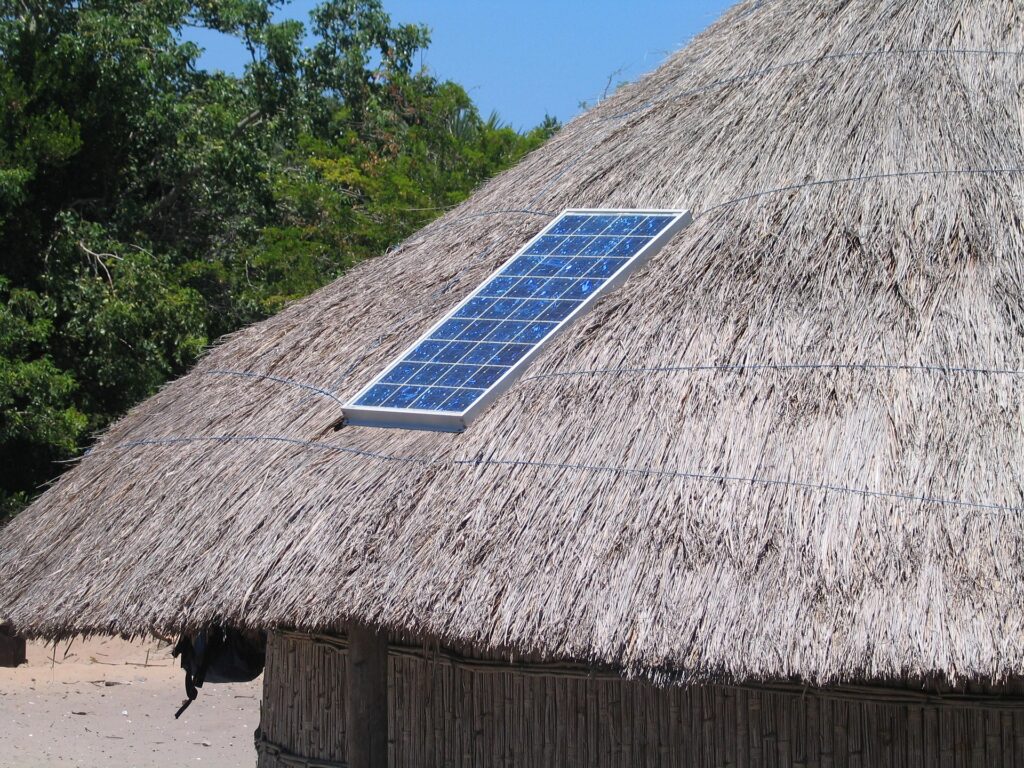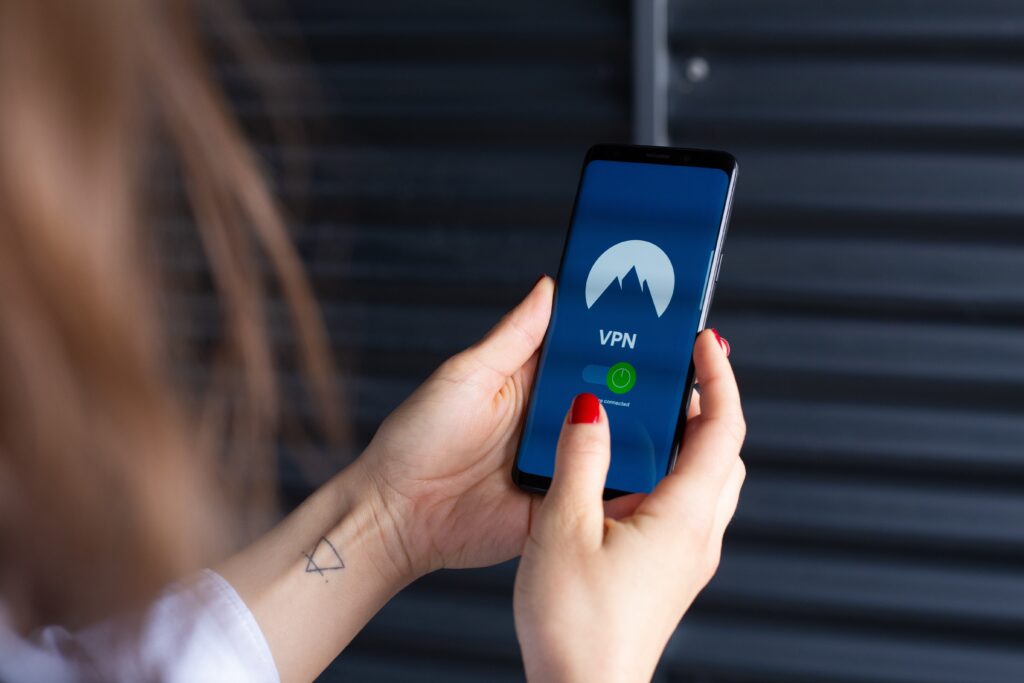The world is in worse shape than it has been in a long time. At the same time, individuals are constantly preoccupied and connected to the point that life can become routine and unfulfilling. Getting off the grid sometimes be just what the doctor orders. Some people have chosen to live off-grid as a way of life. But how do you accomplish this while still being linked to work? Fortunately, thanks to technological advancements, retaining a solid connection to work is now feasible even in the most remote locations. In this post, we’ll look at several ideas and strategies for staying connected to work while living off the grid. We’ll talk about anything from investing in solar-powered equipment to using satellite internet to stay connected with work while enjoying the independence and beauty of living off the grid.
What Do You Need to Live Off-Grid?
To live off the grid means to forego the use of public utilities like electricity and water. It’s not merely a question of severing ties to the outside world; rather, it’s a way of life that necessitates independence from outside sources and readiness for the unexpected. In the event that your regular access to electricity and utilities suddenly becomes compromised, you’ll need to arm yourself with the knowledge and training necessary to survive. You can greatly increase your chances of survival and quality of life when off the grid if you have access to a few key goods. All you need to know about off-the-grid survival gear is listed in this infographic.
Embed this custom graphic in the subheading: What Do You Need to Live Off-Grid?
From: https://myhobbylife.com/guide-to-the-items-you-need-to-live-off-the-grid/
Investing in Solar-Powered Technology
One wise way to stay connected with work when living off the grid is to invest in solar-powered technology. Renewable solar energy is a well-known energy source due to its cost-effectiveness and sustainability. With the rising cost of electricity, many businesses and homeowners have stated that switching to solar power has decreased their electricity bills by up to 50%-90%.
Those who desire to transition to solar energy can use a grid-tied or off-grid solar system. Solar panels, battery banks, and inverters can charge laptops, cell phones, and other electronic devices. They can also provide power lighting, appliances, and other necessary equipment.
Solar panels serve as the foundation of solar-powered technologies. They turn sunlight into power, which is then stored in a battery bank and used later. The number and size of solar panels required will be determined by the quantity of power required. A professional solar installation can assist you in determining the best size and quantity of solar panels for your unique needs.
Excess power generated by solar panels is stored in battery banks. When sunlight is not accessible, such as at night or overcast days, the stored energy can be utilized. Battery banks are available in various sizes and capacities, with the optimal size determined by the quantity of electricity needed and the length of days without sunshine.
Inverters are used to transform direct current (DC) power generated by solar panels and stored in a battery bank into alternating current (AC) electricity that electrical devices may use. Grid-tie inverters, off-grid inverters, and hybrid inverters are among the numerous types of inverters available. The proper sort of inverter will be determined by your unique requirements as well as the type of electrical system you have.
Investing in solar-powered technology may be costly at first, but it will save money in the long term. It lessens dependency on fossil fuels and grid-connected energy, which may be expensive and unreliable in rural locations. Furthermore, low-maintenance solar-powered equipment makes it a cost-effective and long-term alternative for remaining connected to work while living off the grid.
Using Satellite Internet
Living off the grid sometimes entails living in rural places where typical internet connections such as cable, DSL, or fiber-optic are unavailable. But satellite internet allows you to stay connected to work.
Satellite internet works by transmitting and receiving signals from an orbiting satellite to a dish in your house. This technology delivers a dependable and fast internet connection unaffected by distance or location. You may utilize satellite internet to stay connected to work from practically any place as long as you have a clear line of sight to the sky.
Satellite internet services are often more expensive than standard internet subscriptions, and the initial installation might also be pricey. On the other hand, satellite internet is a good investment if you want a solid and dependable internet connection to accomplish your business obligations.
One of the significant benefits of satellite internet is that it can accommodate several devices at the same time. As a result, you may easily connect several devices to the internet, such as computers, tablets, smartphones, or smart gadgets. On the other hand, satellite internet is known to have significant latency or delay, which might interfere with video conferencing, online gaming, or real-time applications.
View this post on Instagram
Using a Virtual Private Network (VPN)
Being off-grid, a virtual private network (VPN) is a great method to keep in touch with work. A VPN adds an additional layer of security to your device’s internet connection, ensuring your online activity’s safety.
It is difficult for anyone to eavesdrop or snoop on your online activity when you connect to the internet with a VPN since all of your internet traffic is sent through an encrypted tunnel. Thanks to its encryption, your internet connection is safe and confidential, making it perfect for working remotely.
Accessing work-related information and programs safely and remotely is one of the key benefits of using a VPN for remote work. A VPN can provide you access to your company’s private network or intranet from anywhere in the globe.
Using a VPN also gives you the ability to get around geo-restrictions and internet censorship. There may be limitations on access to particular websites or services in some nations or regions. You can unrestrictedly access those websites or services by connecting to a server in another nation using a VPN.
It can be confusing and challenging when picking the best VPN software because there are so many on the market. It’s crucial to take speed, security, and privacy into account while choosing a VPN. Be sure the VPN service you select has servers in the locations you require access to as well.
Mobile Internet Hotspots
Those who must work while off the grid also have the option of using mobile hotspots. The term “mobile hotspot” refers to a portable device that can set up its own Wi-Fi network that other devices can join. Like a smartphone, it can connect to the internet via a cellular data network.
Mobile hotspots are a great choice for telecommuters needing a constant and speedy data connection. They are convenient for the nomadic because of their portability.
Mobile hotspots may be used with a wide variety of electronic gadgets, including computers, tablets, and smartphones, which is a major perk. A mobile hotspot allows for simultaneous connections from many devices, allowing for greater productivity.
Several cellular network carriers offer mobile hotspots, varying prices by provider and data package. While some service providers cap your monthly data usage, others don’t.
One possible drawback of mobile hotspots is that they are susceptible to network coverage gaps. Mobile hotspots may not always provide a steady or dependable internet connection in rural places with spotty cellular service.
Cloud-Based Software
Utilizing cloud-based software is a great method to keep in touch with the office even if you’re off the grid. The term “cloud-based software” refers to any application that runs on a server somewhere else and is accessed over the internet. A different name for this program is “Software as a Service” (SaaS).
Using cloud-based software for remote work has several benefits, one of the most important being the ability to access all your business-related files and programs from any location with an internet connection. Everything you need is on the cloud, and all you need to access it is a computer and an internet connection.
Another perk of cloud computing applications is that costly software and hardware installations are not required. Purchasing expensive hardware, software licenses, or upkeep is unnecessary because the program is stored on remote servers.
Software hosted in the cloud also facilitates teamwork amongst members who may be located in different regions of the world. Cloud-based software allows multiple users to access and modify the same file or project at the same time, streamlining teamwork and increasing productivity.
Software in the cloud can be found in many forms, including productivity suites, project management instruments, and communication networks. Microsoft Office 365, Google Workspace, Trello, Asana, and Zoom are just some of the most well-known examples of cloud-based applications.
A possible drawback of cloud-based software is that it necessitates a constant and reliable internet connection. Using cloud-based applications may not be the best choice in locations with spotty internet connections.
View this post on Instagram
It’s important to note that going “off the grid” doesn’t have to imply giving up all contact with the office. Even if you are off the grid or in a very rural place, you don’t have to miss out on your professional connections entirely. A dependable internet connection and distant work can be maintained through solar-powered technologies, satellite internet, a virtual private network (VPN), and mobile hotspots. Using cloud-based applications for sharing and collaborating on files and projects is another viable option. To experience the benefits of off-grid living while maintaining your professional connections, you must acquire new knowledge and modify your lifestyle somewhat.





